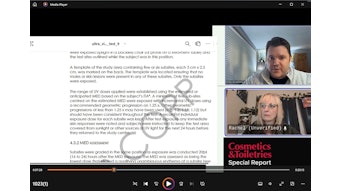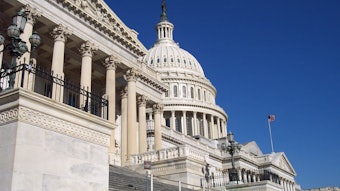
Beraca, which supplies ingredients from Brazilian biodiversity for the cosmetic, personal care and pharmaceutical industries, has launched an Integrated Service solution. The company's goal is to streamline processes and assist clients in the development of products containing raw materials sourced from Brazilian biodiversity—and to do so within the legal framework for Biodiversity Conservation in Brazil.
Based on Beraca's Socio-Biodiversity Enhancement Program, the system will support clients in the process of regularization and access to benefit-sharing projects conducted by the Genetic Heritage Management Council (CGEN). The new system offers full support to clients and ensures that the company complies with Biodiversity Law 13.123/15.
The company also will fully inform and advise clients on the current global context regarding the sustainable use of cosmetic ingredients derived from Brazilian biodiversity, along with the fair and equitable sharing of benefits arising from their use.
Furthermore, Beraca will offer a service to assist clients in making their own changes by Nov. 6, 2018—the deadline established by the Brazilian government for compliance.
To assess matters related to benefit sharing, Beraca has the support of the Beraca Institute, a non-profit organization created to offer transparency, governance and efficiency to its clients. Through a platform created by the Beraca Institute, clients can select the social or environmental projects that best suit their interests and goals and the local communities they wish to support. The program guarantees profits will be given back to the community, and encourages socio-economic development and local environmental preservation activities.
“We have acquired vast knowledge in this field through years of investment,” said Érica Pereira, sustainability coordinator. “Our goal is to support clients who already work or intend to work with ingredients sourced from Brazilian biodiversity but are struggling throughout the process, especially in matters relating to regulation and access to serious, ethical benefit-sharing projects that add real value to the supply chain.”
She added, “The current legislation relating to the sustainable use of the Brazilian biodiversity is much clearer and more coherent in its objectives and guidelines, compared with the previous legislation, which was in effect until the end of 2015. By offering this service to our clients, we encourage them to take advantage of this opportunity to not only comply with the legislation, but also to create added value for the end consumer. This can be achieved through the support of benefit-sharing projects, positive impact measurement, traceability and marketing appeals.”










